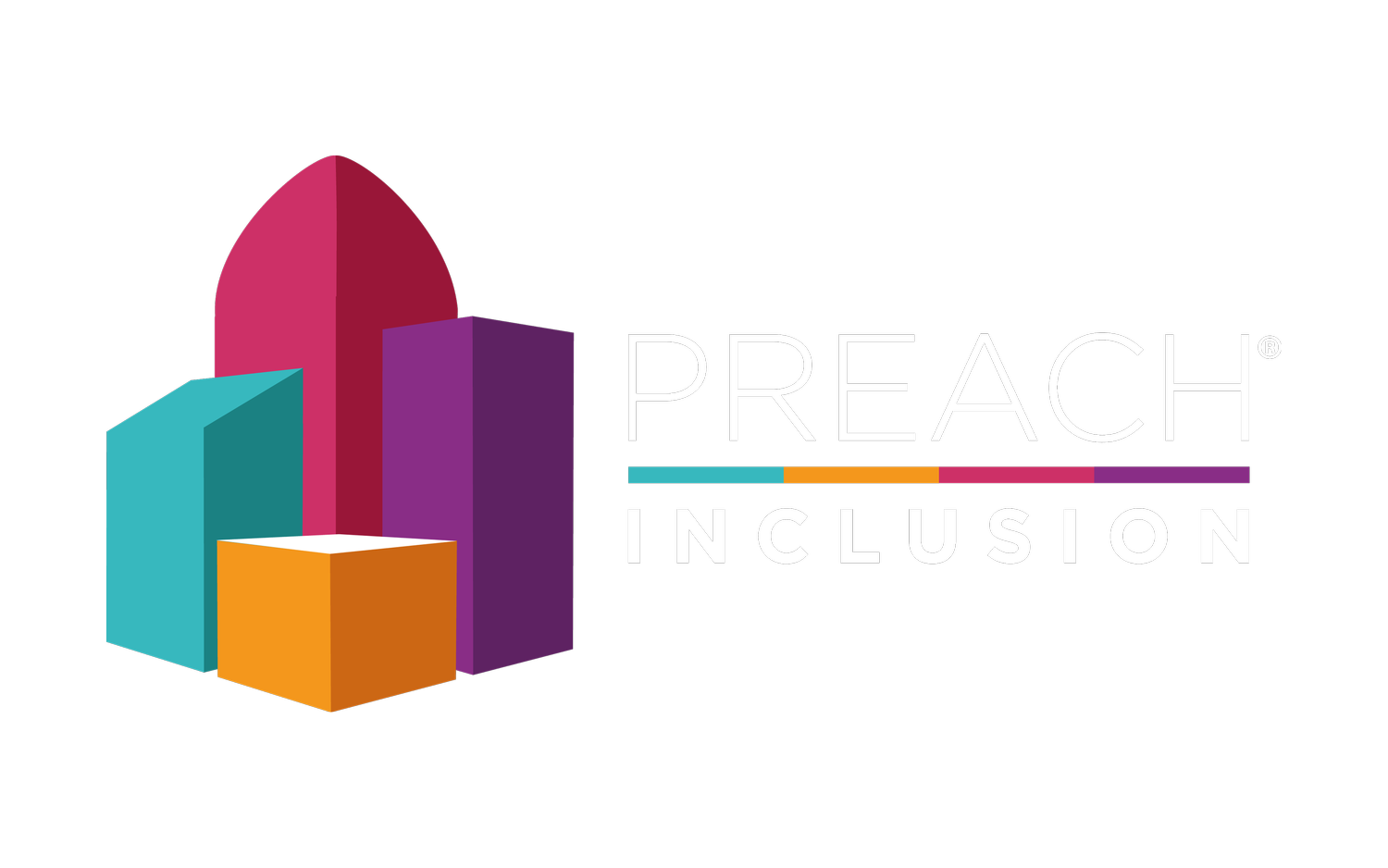Marking East and Southeast Asian Month – changing seasons, changing identity?
September is ESEA Heritage Month, with the aim to celebrate and honour people of ESEA (East and Southeast Asian) heritage and their culture, history and everything in between.
At PREACH Inclusion, we are marking the month by sharing experiences from our ESEA members based on this year’s theme: Changing Seasons.
“A reflection on the cyclical nature of life. Just as the seasons transition, so too do our experiences, cultures and identities within the ESEA communities and beyond. From the tangible shifts in weather to the evolving cultural zeitgeist, this theme encapsulates our collective journey towards new beginnings and growth.”
To kick this series off, we are featuring Jessie Leung, an Estates Surveyor at South Gloucestershire Council, who was born and raised in Hong Kong. Here she shares with us the impact of adapting to British life, while holding onto her unique cultural identity and values.
By Jessie Leung
Jessie walking along the promenade in Hong Kong few years ago with my candle-lit lantern.
This year’s Mid-Autumn Festival falls on the 17th of September, which is also my fourth one spent in the UK. Traditionally in East Asian cultures, the festival celebrates the harvest of crops on the day of full moon, which is a symbol of unity and harmony. In Hong Kong, we always dedicate the day for reunion with family and friends, eating mooncakes and enjoying a breezy autumnal stroll with paper lanterns. It is commonly believed that summer is officially over as Mid-Autumn Festival marks the change of season.
Lanterns with family in Jessie's back garden last year.
Interestingly, this will only be the second year that I properly celebrate Mid-Autumn Festival in the UK, with my extended family including my 96-year-old grandmother. When I first moved to Bristol in 2021, I was busy settling down and building a life in a new country, that I didn’t pay attention to most cultural festivities that I normally observe in Hong Kong. I wasn’t trying to ignore my culture on purpose to ‘blend in’, but simply too busy adjusting to different aspects in life. It certainly didn’t help by the fact that I can no longer enjoy the multitude of bank holidays in Hong Kong, which celebrates both East and West cultures! We have 17 public holidays each year ranging from Buddha’s birthday to Easter Monday.
"On days when it is dark, cold and rainy, I question my decision to leave my hometown (Hong Kong) for a life full of uncertainty – the language barrier, challenges of contrasting communication style, and the struggle to show up as my authentic self and establish my cultural identity."
The subtropical climate in Hong Kong means that the seasonal changes are milder compared to the UK, in terms of the length of daylight and the temperature range. It was only in the last three years that I fully realised the impact of weather and seasons on my body and mind. There are days when I feel fully adapted to life in UK, embracing the opportunities as a first-generation immigrant. I proudly share my multi-cultural background and present myself as a three-dimensional person with unique identity. Then on days when it is dark, cold and rainy, I question my decision to leave my hometown (Hong Kong) for a life full of uncertainty – the language barrier, challenges of contrasting communication style, and the struggle to show up as my authentic self and establish my cultural identity. Do I explain to people that I mainly speak Cantonese every time they ‘Ni Hao’ me? Do I compromise my urge to have hot lunch in the office and grab some meal deal with colleagues instead?
"Just as we should acknowledge the role of seasonal changes on our body and mind, we should embrace the evolving identities within ourselves that could change with the environment and experiences we receive in our daily life."
Then I remember the core value of my culture – to celebrate and do things according to the climate. There are 24 solar terms in the Lunar calendar indicating the cycles of nature, guiding routines and rituals closely linked to the weather. Just as we should acknowledge the role of seasonal changes on our body and mind, we should embrace the evolving identities within ourselves that could change with the environment and experiences we receive in our daily life. It’s perfectly acceptable to be more adaptive and accommodating to new local cultures on some days, and equally reasonable to be in touch with our cultural upbringing on certain days to celebrate my roots. Identity is a fluid concept, and we should learn to be comfortable with the shifts within ourselves just as those outside of us. Here’s to beginnings of a new season!
About East and Southeast Asian Month
In 2021, the first ever ESEA Heritage Month was held to celebrate East and South East Asian culture, heritage and communities. The month was founded by Britain’s East and Southeast Asian Network (BESEA) in the wake of the COVID-19 pandemic where racism and discrimination against East and Southeast Asians increased. The network campaigns for positive representation of ESEA people in the UK, in all walks of life – from British media, on screen, in creative spaces and in corporate and institutional positions of power way you tell your story online can make all the difference.
Thank you to Jessie for sharing with us this personal experience, which sheds light on just some of the challenges and opportunities many people from different countries may face



